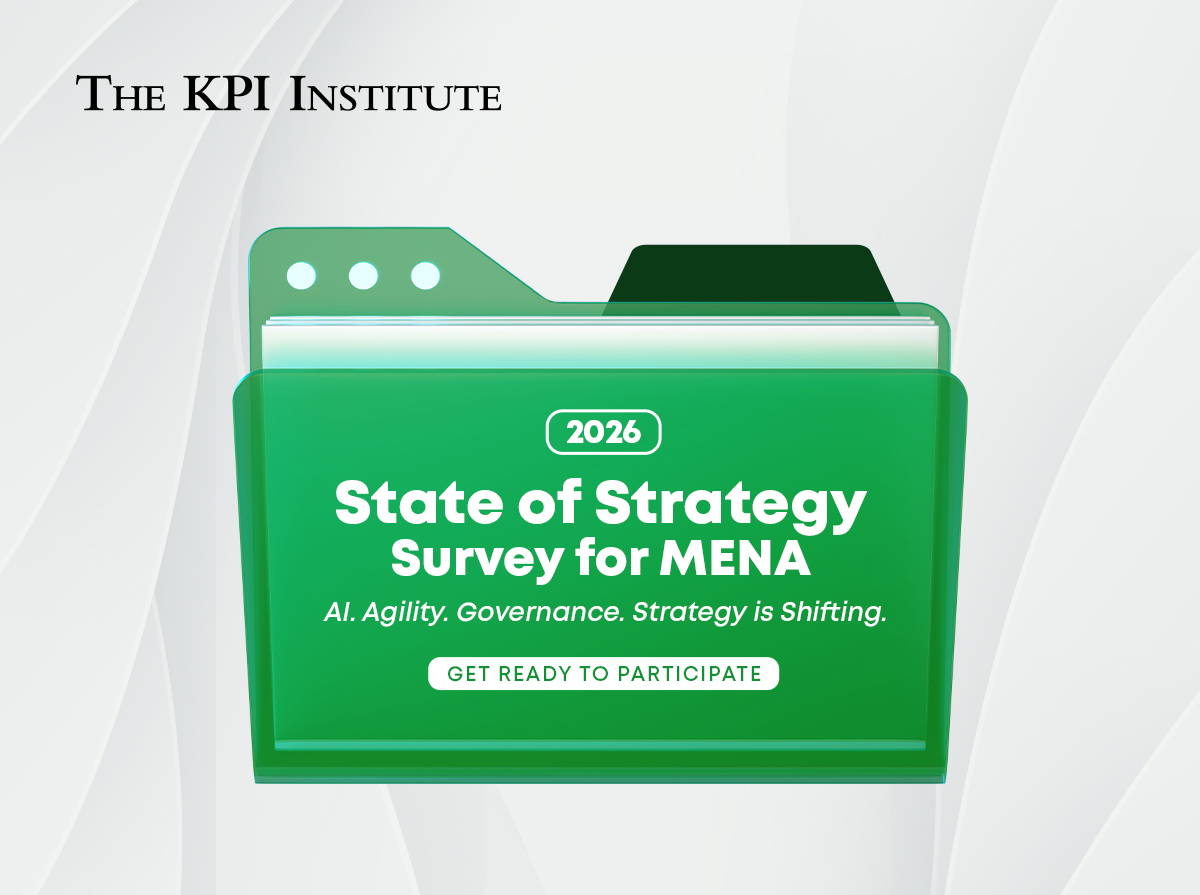Madhur Mayank Sharma: achieving speed and accuracy in data analysis

The KPI Institute recently interviewed Madhur Mayank Sharma, senior director and head of AI development at SAP Asia PTE LTD and share insights with PERFORMANCE Magazine about about the challenges and opportunities in adopting artificial intelligence in the Asia Pacific region, and how to develop a data strategy that aligns with business objectives and how to foster data literacy within organizations.
TKI: As the Head of the AI Development team for SAP, how do you define a good data strategy? What does it entail?
Madhur: For companies to drive innovation, improve operational efficiency, and deliver better business outcomes, a sound data strategy is a must. Establishing clear business objectives helps in identifying needed data points and data quality. With this in place, choosing the right data platform facilitates the creation of the required digital infrastructure. This infrastructure should support seamless and real-time data flow from the source of generation to the point of decision-making. Lastly, proper training and continuous process improvement result in positive business outcomes.
TKI: What are the unique opportunities and challenges that come with developing AI products and services in the Asia Pacific region, and how do you ensure that your team is able to effectively address these factors?
Madhur: The Asia Pacific region represents a unique challenge and opportunity when it comes to the adoption of AI products and services. On one side, the ever-changing business landscape, language barriers, and varied business processes pose challenges for AI systems to provide desired results. On the other hand, companies are willing to experiment, are open to changing business processes, and have adopted innovative ways of running the business, helping usher in innovation.
TKI: How do you balance the need for speed and agility in data analysis with the need for accuracy and rigor in data modeling and interpretation?
Madhur: This balance needs to be established on a case-by-case basis. Critical business functions in which decisions may profoundly impact business outcomes require more attention and hence better accuracy and rigor in data modeling. Meanwhile, the faster deployment of data modeling may help enhance the user experience for the business processes where user behavior and action require facilitation and substantiation. Agility and relevance are fundamental to both critical and non-critical business functions.
To read more about the latest trends, strategy, and performance management in data analytics, check out the latest issue of Performance Magazine today! You can get a free digital version via the TKI Marketplace or order a printed copy from Amazon. Please be informed that the price may vary for printed copies depending on your location.







